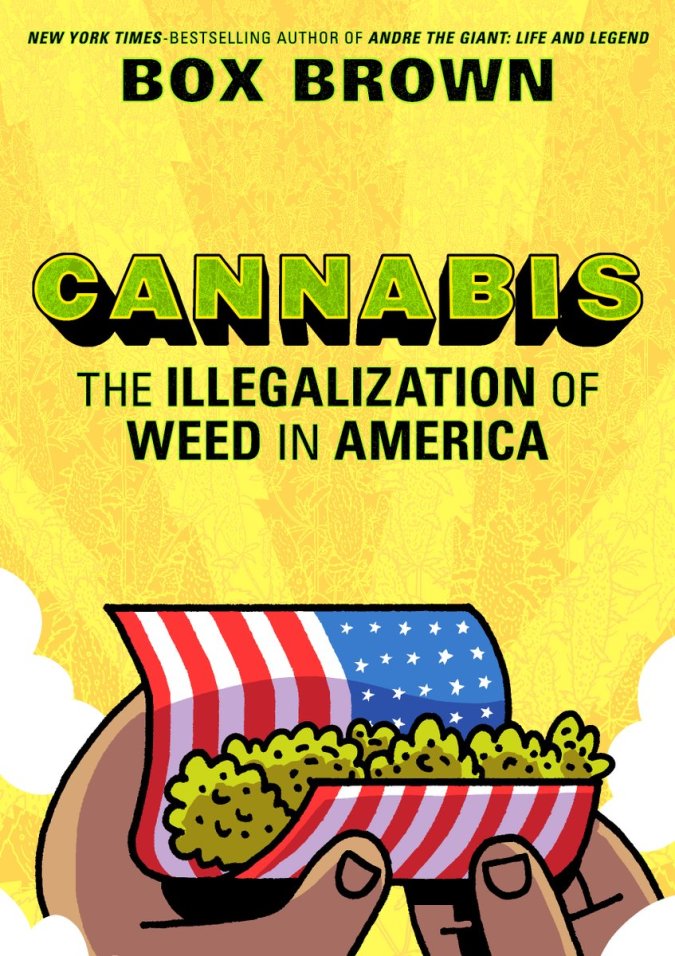Favorites Return From First Second in Spring 2019

Continuing my coverage of what First Second is planning to put out about a year from now… I previously wrote about the launch of Maker Comics and plans for more Science Comics. Here are some stand-alone books that have ties to previous favorites.
Lucy Knisley has a new graphic memoir coming next February. Her last major release was Something New: Tales From a Makeshift Bride, about her wedding, so now comes Kid Gloves: Nine Months of Careful Chaos, about her pregnancy and giving birth. It apparently didn’t go as smoothly as planned, as this excerpt shows, dealing with her six weeks of perpetual nausea.
Fertility problems were followed by miscarriages, and her eventual successful pregnancy was plagued by health issues, up to a dramatic, near-death experience in labor and delivery. Kid Gloves follows Lucy’s personal transition into motherhood, and it also illustrates the history and science of reproductive health from all angles, full of curious facts and inspiring (and notorious) figures in medicine and midwifery.

Let’s look at something happier! I was surprised by how much I liked Graham Annable’s Peter & Ernesto: A Tale of Two Sloths, so I’m glad to hear that the sequel, Peter & Ernesto: The Lost Sloths, will be out in April.
A hurricane [destroys] their tree home. Now, Peter and Ernesto have to set out on a journey to find a new great tree for their tribe.
“It’s basically The Aeneid but with sloths,” [Editorial Director Calista] Brill says.

Last, in April, there’s a new non-fiction graphic novel by Box Brown, whose Tetris and Andre the Giant were fascinating pop-culture commentaries. Cannabis has a more distinct point of view, as a
larger history of how cannabis became an illegal substance in America.
“Box sets out to make the argument, and does it very persuasively, that the illegalization of cannabis has always been a matter of racism and has always been driven primarily by an interest in finding ways of putting brown people behind bars,” Brill says.
That should be pretty darn interesting, given how quickly US laws on the subject are changing.
